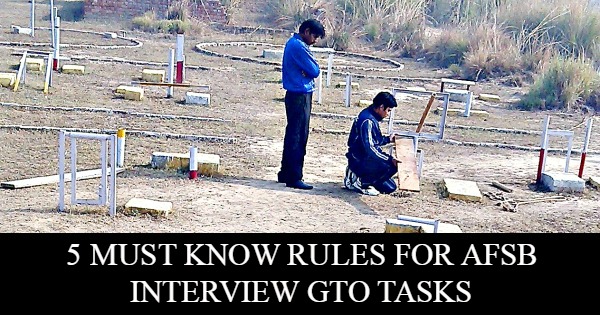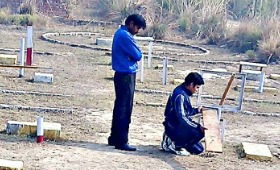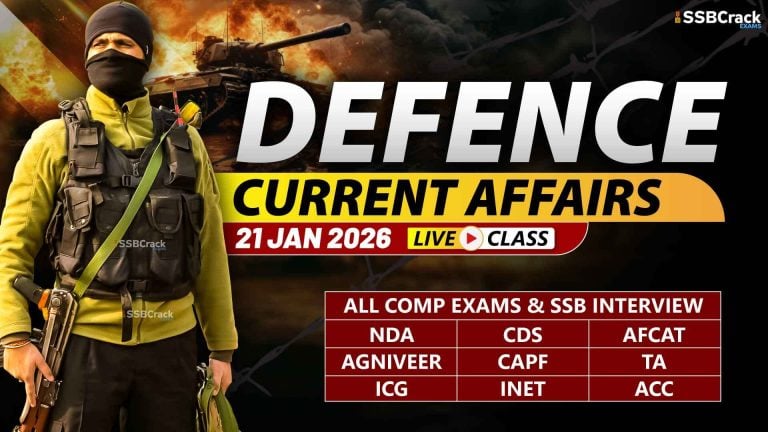AFCAT exam passed candidates has to under go a rigorous five day interview procedure conducted by Air Force Service Selection Board.
Group tasks are conducted under the supervision of Group Testing Officer (GTO), the first task among these tasks is Group Discussion (GD), in this the group is provided with ssb gd topics and they candidates have to undergo in an informal friendly discussion based on the AFSB gd topics.
AFSB Interview OIR Test Online Coaching
5 Must Know Rules For AFSB Interview GTO Tasks
 Unlike the group discussion on first day under screening test here candidates don’t need to come on a common conclusion, based on the candidate’s personal thoughts about given AFSB gd topics he/she is free to present disagreement till the end of discussion. Here candidates in the group are free to present their views either formally or informally. The most important thing that is noticed by GTO that every candidates are taking part in discussion actively and commenting something that is related with given AFSB gd topics.
Unlike the group discussion on first day under screening test here candidates don’t need to come on a common conclusion, based on the candidate’s personal thoughts about given AFSB gd topics he/she is free to present disagreement till the end of discussion. Here candidates in the group are free to present their views either formally or informally. The most important thing that is noticed by GTO that every candidates are taking part in discussion actively and commenting something that is related with given AFSB gd topics.
- Group rule – Group rule is the most important rule that candidates must follow while attempting ground tasks like PGT, HGT and FGT. Snake race also has its usage. The rule implies the unity of the group i.e. the entire group will cross the single obstacle together and once the group has cleared the obstacle, they can move to the next one. The rule is made to check some of the qualities of the candidates like unity, coordination with the group and whether the candidate is selfish or not.
- Colour rule – The colour rule is the rule to use coloured structures as per the instruction. The structures on the ground are seen in 3 colours.
- Red – All structures painted in red are not to be touched by man as well as the material.
- Blue – Blue structures can be touched by the candidates, but not by the material. (Make sure that while standing on the blue structure, you can hold the helping material, but you can’t touch the helping material with the coloured structure.)
- White – White structures can be used by both candidates as well as helping material. Your rule following nature and observation is analysed here.
- Distance rule – Distance rule says that any distance which is more than 4 feed should not be crossed by jumping even if you are able to do so. Just cross it by bridging the gap using helping material. Take a rough estimate of 4 feet and judge yourself. Don’t ask the GTO again and again about the distance.
- Rigidity rule – Rigidity rule means that candidates can’t bind or tie any of the two rigid helping material. Ground tasks normally have phattas and ballis as rigid helping material. So according to the rule, 2 phattas, 2 Balli or a phata or a balli can’t be tied together. Rather, they can be put one on other or can tie them with the structure (keeping colour rule in mind.)
- Infinity rule – The rule of infinity describes that the starting and finish lines are extended to the infinity on both the side. This rule prohibits the candidates to cross the obstacle ground from the side and reaching the finish line. You have to cross the obstacles and reach the finish line.







